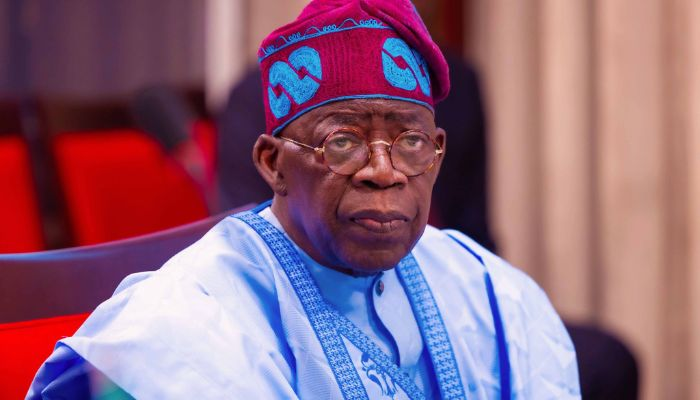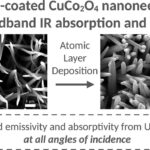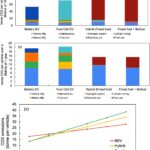President Bola Ahmed Tinubu has ordered the reform of Nigeria's pardon system, signing new pardon instruments and transferring the secretariat of the Presidential Advisory Committee on the Prerogative of Mercy to the Ministry of Justice. According to the Presidency, the decision aims to restore integrity, transparency and public confidence in the process of granting state pardons.
The President's action follows a comprehensive review of previously approved clemency lists that have drawn criticism for alleged leniency towards individuals convicted of serious crimes. After consulting with the Council of State and considering public feedback, Tinubu directed amendments to the list to ensure that the prerogative of mercy reflects fairness, justice and sensitivity to victims of crime.
In the amended directive, criminals convicted of serious crimes including kidnapping, drug trafficking, human trafficking, arms-trading and financial fraud were excluded from the list of those benefiting from presidential pardon. The sentences of some previously pardoned individuals were reduced, underscoring what the administration described as a “balanced approach” between justice and compassion.
Presidential spokesperson Bio Onanuga said the review was guided by a “three-pronged concept of justice”, which takes into account the rights of the accused, the suffering of the victims and the safety of society. He stressed that the President's decision was motivated by national security and stressed the need to maintain public confidence in the criminal justice system.
Onanuga said, “The President believes that mercy should never compromise justice or the morale of our law enforcement agencies.” He said the new guidelines are aimed at preventing abuses of the pardon process seen in previous administrations.



To institutionalize the reform, Tinubu directed the Attorney-General of the Federation and the Minister of Justice to issue formal guidelines for the future exercise of presidential mercy. These will include mandatory consultation with the relevant prosecuting agencies before approving any recommendations. Analysts say the change is an important step toward depoliticizing presidential pardons and that aligning the process with global best practices also signals a broader shift in the government's approach to criminal justice reform. By transferring the Secretariat of the Mercy Committee from the Ministry of Special Duties to the Ministry of Justice, the President intends to streamline oversight and ensure that clemency decisions are legally sound and procedurally transparent.
According to Justice Ministry sources, the transfer is expected to strengthen coordination between prosecutors, corrections officers and the advisory committee, making the future pardon exercise more credible and evidence-based.
The approved list of eligible beneficiaries has been forwarded to the Nigerian Correctional Service for immediate implementation, marking the completion of this year's amnesty process.
President Tinubu, while reaffirming his administration's commitment to judicial reform, thanked Nigerians for their participation and criticism, noting that public scrutiny is critical in shaping responsible governance. The statement concluded, “Justice must serve the people, not the powerful.”











